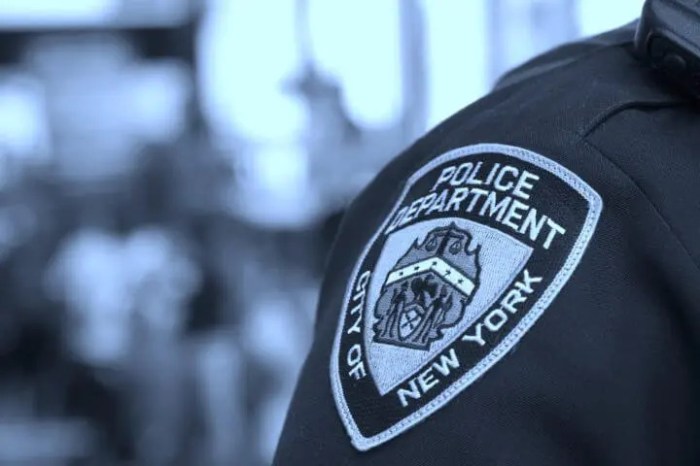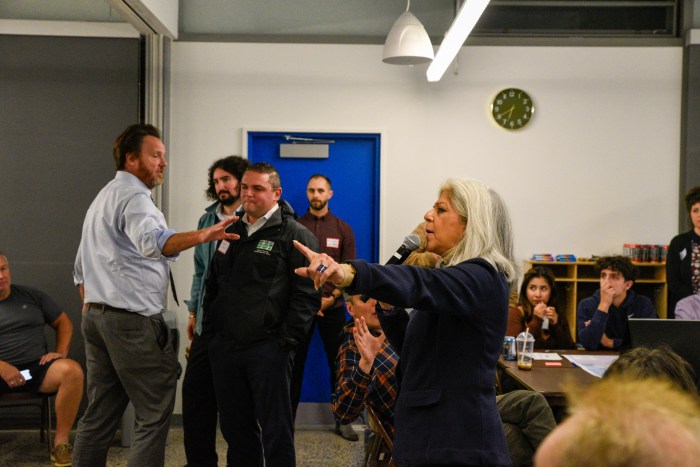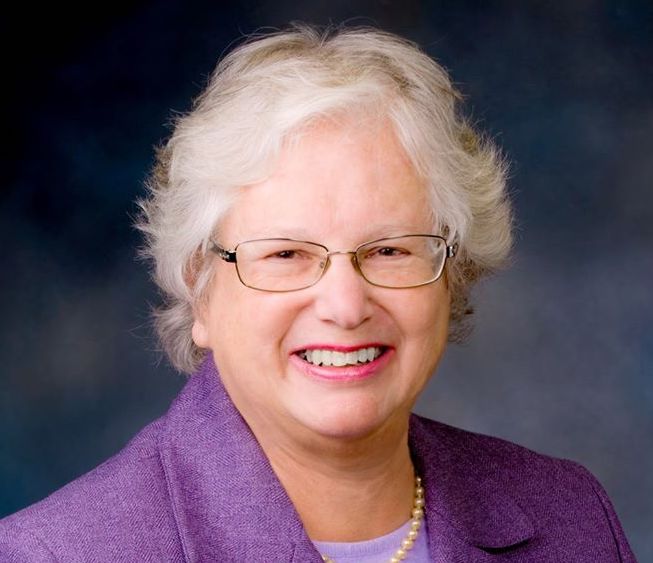The City Council’s passage in June of the inaptly named Community Safety Act is a reckless action which will handcuff the police, lead to more drugs and guns on our streets and victimize the poor and minority citizens the Council claims to protect.
Queens Council members must vote to sustain Mayor Michael Bloomberg’s promised veto of this dangerous measure.
The act would open the door for countless lawsuits against police anti-crime strategies under a broad and unclear definition of “bias-based profiling,” and create an inspector general to second-guess these police tactics.
The profiling provision would empower judges to issue orders blocking law enforcement practices said to have a “disparate impact” based upon race or a host of other factors, including sex, age, disability and housing status.
Police Commissioner Ray Kelly, Police Benevolent Association President Pat Lynch and others have warned that the profiling bill is so vaguely and poorly written that it could bar police from identifying the race, sex or age of suspects; force the removal of anti-crime security cameras from housing projects and high-crime areas because they disproportionately recorded members of racial or ethnic minorities; bar the deployment of officers to a minority community in response to a spike in crime in the community; and bar the monitoring of gang members because of the disparate impact based on sex and age, since nearly all gang members are male and under 30.
The act was brought to the Council floor under an unprecedented “discharge vote” engineered by Council Speaker Christine Quinn (D-Manhattan) and Council Democrats, who allowed the bills to bypass the normal committee process.
This maneuver, which choked off debate and prevented any testimony by Kelly, Lynch and other police and union officials, highlights the shortsightedness of what the Council has done.
While the act is apparently aimed at crippling the Police Department’s stop-and-frisk program, it goes beyond that in allowing for lawsuits against a vast array of NYPD policies and tactics.
Even if it were limited to stop-and-frisk, however, it would still be unacceptable, for that program has been an important part of the policing strategy that has reduced the city’s crime rate over the last 20 years.
Of course these stops must be courteous and civil, but the bottom line is that they get guns off the street and save lives. Those fighting to end stop-and-frisk are imperiling the communities they claim to be and ought to be protecting.
Dennis Saffran
Douglaston




































